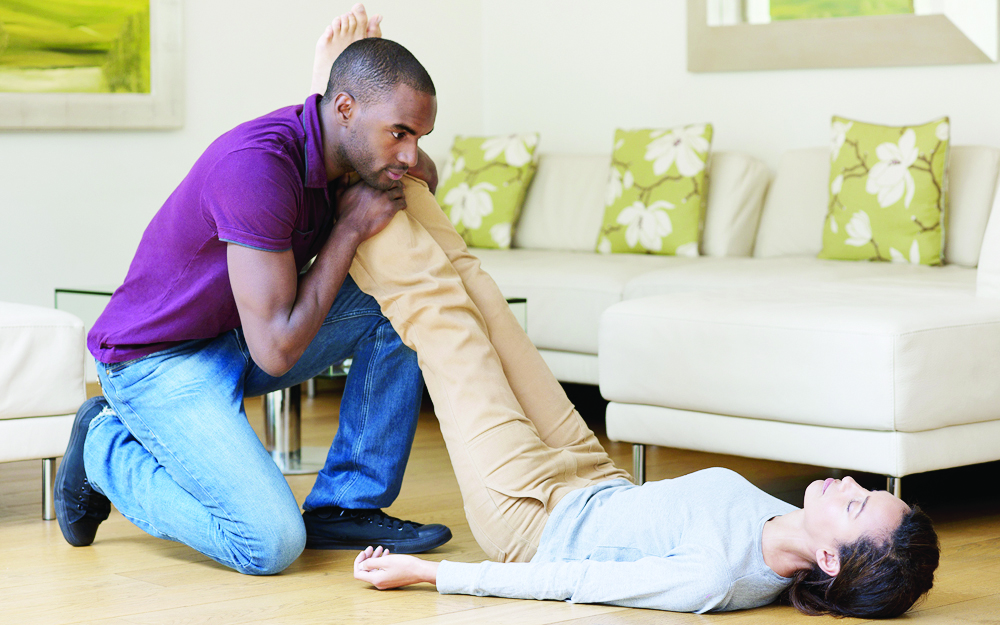Q/ 1. Dear Doctor,
I recently started fainting especially when I get out of bed in the morning or even after a nap. I had never fainted before and I am beginning to worry. What could be the problem and how do I deal with this? Monica.
A/ Dear Monica,
Fainting happens when you suddenly lose consciousness for a short period of time due to inadequate supply of oxygen to the brain.
The term ‘passing out’ is commonly used to mean fainting, but its medical term is ‘syncope’.
Fainting episode can last from a few seconds to a few minutes. Feeling lightheaded, dizzy, weak or nausea sometimes happens before one faint.
A full recovery usually takes a few minutes. If there is no underlying medical condition causing you to faint, you may not need any treatment.
Fainting is not usually a cause for concern, but it can sometimes be a symptom of a serious medical problem. If you have no previous history of fainting and you have fainted more than once in the past month, you should talk to your doctor.

Causes
Fainting can be triggered by a number of factors, including;
l Sudden drop in blood pressure
l Dehydration
l Standing in one position for too long
l Standing up too quickly especially following sleep.
l Physical exertion in hot temperatures
l Coughing too hard
l Straining during a bowel movement
l Consuming drugs or alcohol
l Some medications may cause fainting.
l High blood pressure, allergies, depression and anxiety
You are also more likely to faint if you have any of these conditions:
l Diabetes, heart disease, atherosclerosis, an irregular heartbeat, or arrhythmias, anxiety or panic attacks, chronic lung disease such as emphysema.
Prevention
If you have a history of fainting, try to learn what is causing you to faint so you can avoid those triggers.
Always get up slowly from a sitting or lying-down position.
If you tend to feel faint at the sight of blood when getting your blood drawn or during other medical procedures, tell your doctor.
They can take certain precautions to prevent you from fainting.
Lastly, do not skip meals.
First aid
When someone near you faints, you can encourage blood flow to their head by raising their feet above the level of their heart.
Alternatively, you can have them sit with their head between their knees.
Loosen tight collars, belts, and other restrictive clothing. Keep the person lying down or sitting for at least 10 to 15 minutes. A cool, quiet place is the best.
If the person is not breathing, immediately rush them to the nearest health facility.






















